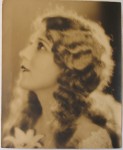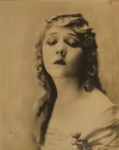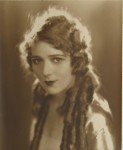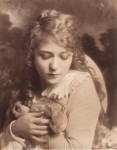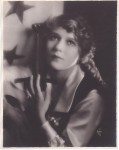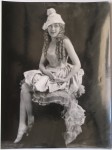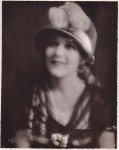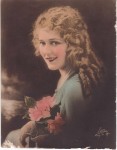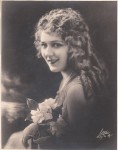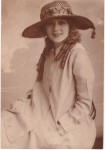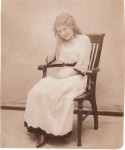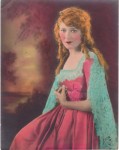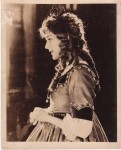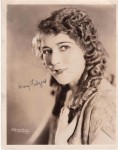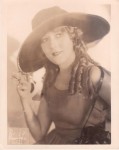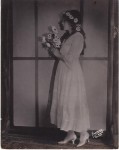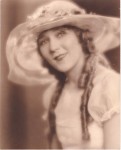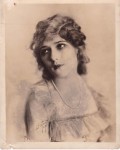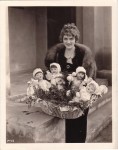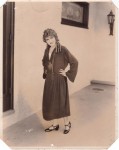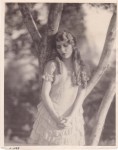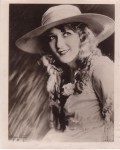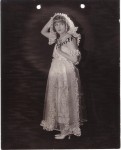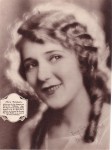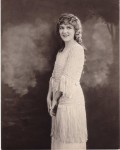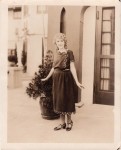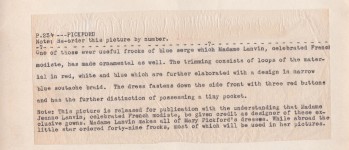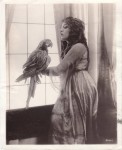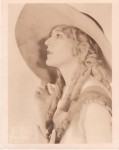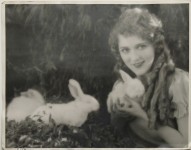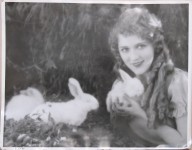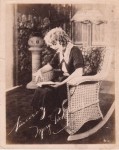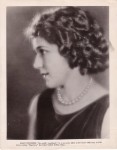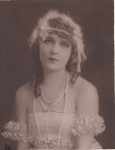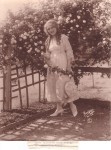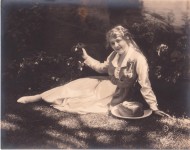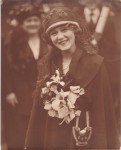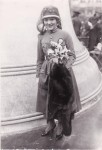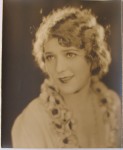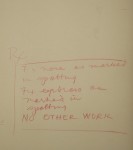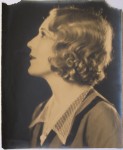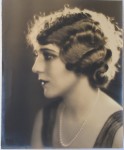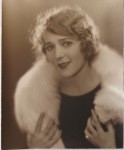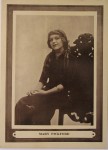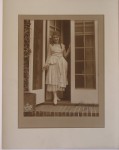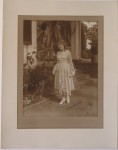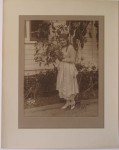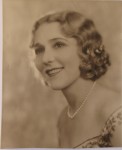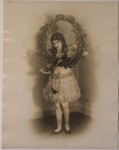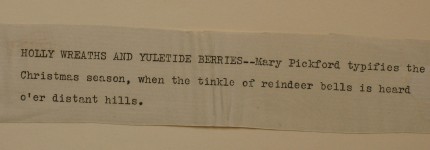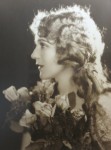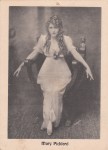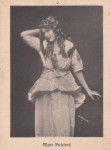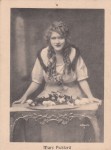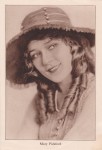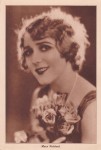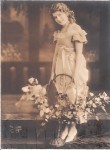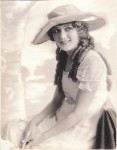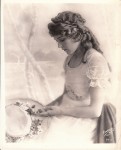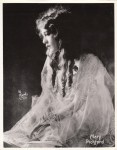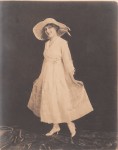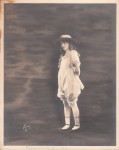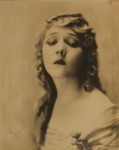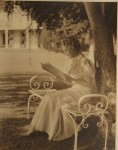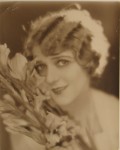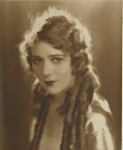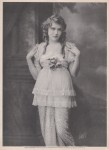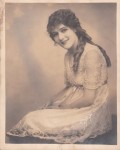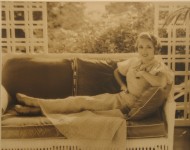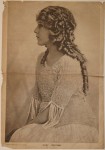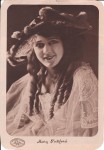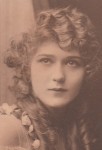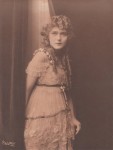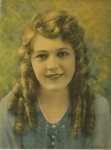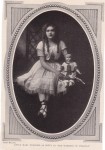Collected over multiple decades by Rob Brooks, these images were generously donated to the Mary Pickford Foundation in 2024. To find out more about the history behind this collection, click below.
Around 1979, I was the first person I knew to get a VHS deck. At the time, there were no video stores, so recording films from TV was all that one could do. A co-worker, and a fellow American Civil War film buff, owned a Betamax machine, he borrowed my VHS deck and made me copies of about ten films, the last film he gave me was a silent.. The film was Birth of a Nation, and it would change everything for me. If you had asked me what I thought of silent films before I watched it, my response would have been something along the lines of “Funny, frenetic, and short. Lots of pie fights.” I knew I had seen some of this type of film before, but couldn’t be specific; some Charlie Chaplin and most likely Mack Sennett shorts, without really understanding their significance. In later years, I would realize that much of what I had watched likely came from a television show from the 1960’s called “Fractured Flickers”; silent comedy shorts with recently added comedic narration. Birth of a Nation was the first “dramatic” silent film that I had seen, and I was truly amazed. All controversial elements aside, this film had a strong plot, great acting, expert editing, cohesive story lines and exciting battle scenes. I immediately became curious about D.W. Griffith and his female star, Lillian Gish.
I quickly purchased biographies on Griffith and Gish, along with a copy of Kevin Brownlow’s excellent book, “The Parade’s Gone By”. Within a few pages you are introduced to another star of the period, Mary Pickford. At the time, all I knew about her was that she was an early Canadian film star. I didn’t even know that she was born in Toronto, which is about 15 miles from where I was born. So, I picked up some books specifically on Mary Pickford, and soon came to find how vitally important she was to the history of film. While in the bookstore looking for more silent film books, I found what I thought to be an autographed photograph of Mary Pickford, so I bought it. It was the first item of film memorabilia that I purchased, it would be many years before I would come to know I had only one of the standard 7×9 “stamped” autograph fan photos. I also found some early 1970’s Portal Publications reproductions posters, one of them was from a Mary Pickford film, Rebecca of Sunnybrook Farm. It would be 25 years before I would own the original poster, which at the time, was the only copy known to exist. I think only three have been discovered since.
In 1982, I went to Syracuse New York for my first Silent Film Festival, Cinecon. It was there I found some original lobby cards from Mary Pickford films. Once I framed and hung the colorful lobby cards up in my home, I had to take down all of the reproduction posters, from then on, only original material would suffice. Over the next fifteen years, I would buy whatever I could find at flea markets, antique shops and film festivals. At Cinevent in Columbus, Ohio I purchased my first original poster for the film, Amarilly of Clothes-Line Alley.
At some point in the late 1990’s I discovered Ebay, and my collecting went to another level. Now my purchases were no longer restricted to only in-person discoveries. I was finding rare film memorabilia items from all over the world. In the first 30 years of collecting, I added about only 5% to my collection, while 90% of the items were added only in the past ten years.
In the early 2000’s I began scanning, photographing and copying all my material. I then set up my website for all of my rare Mary Pickford images in my collection to be accessed by fans worldwide. Many groups linked to my site, including The Mary Pickford Foundation. I met Elaina Friedrichsen with the Mary Pickford Foundation back in 2003 when I was in Los Angeles for the Cinecon Festival. She was happy to add a link to my site from the Foundation’s website. Over the years, several visits to view my collection in person included Rob Byrne of the San Francisco Silent Film Festival, Rodney Saucer of the Mont Alto Orchestra, who scores many silent film releases, and Keith Lawrence from the Mary Pickford Foundation. At that point, my home was full of Mary Pickford memorabilia, and I needed to decide what to do with it.
I knew people involved with the Toronto International Film Festival. In conversation I found out that David Cronenberg, a well known Canadian director, had donated many items related to his films to the festival’s archive. They had just completed the construction of their new building “The Lightbox” and the festival board members were interested in expanding their archive.
We began discussing a donation of my collection and in 2010 we finalized the details. I then moved everything out of my house to the Toronto International Film Festival’s archive. In January of 2011, about 25% of my collection went on display for six months on the 4th floor at The Lightbox. The physical collection remains in their archives today.
I had maintained my website for over 20 years, and continued to add the odd items that I picked after the donation to the festival. Recently, my site was hacked and many images disappeared or were duplicated. I was able to fix the issue, but the real damage had been done, I lost the editorial context I had provided for each image. Those remarks were not backed up anywhere, and some images don’t mean as much when you don’t know where the image was from or who was in it. This year when the site came up for renewal, I decided it wasn’t what I wanted it to be, so I made the decision to take the site down. I now had many gigs of images, and thought it would be a shame to keep them locked away. I, then, thought of Elaina with the Mary Pickford Foundation and contacted her to see if she would be interested in having the images for the Foundation’s website. Fortunately, the response was an enthusiastic yes! I’m very pleased that the images will be accessible to fans worldwide again.
— Rob Brooks
